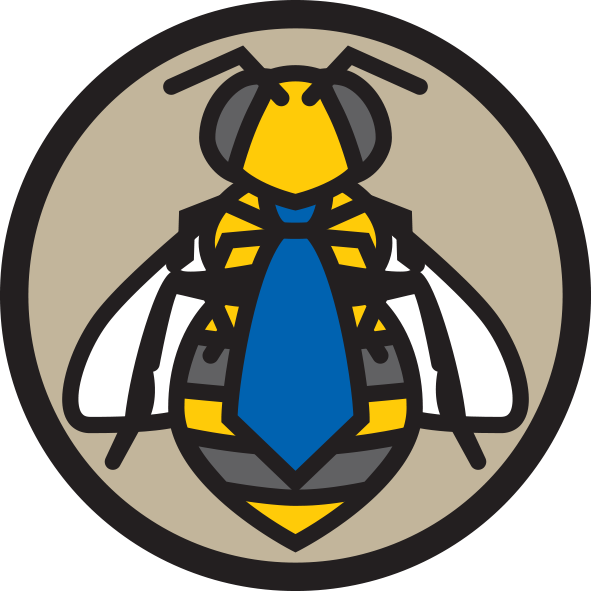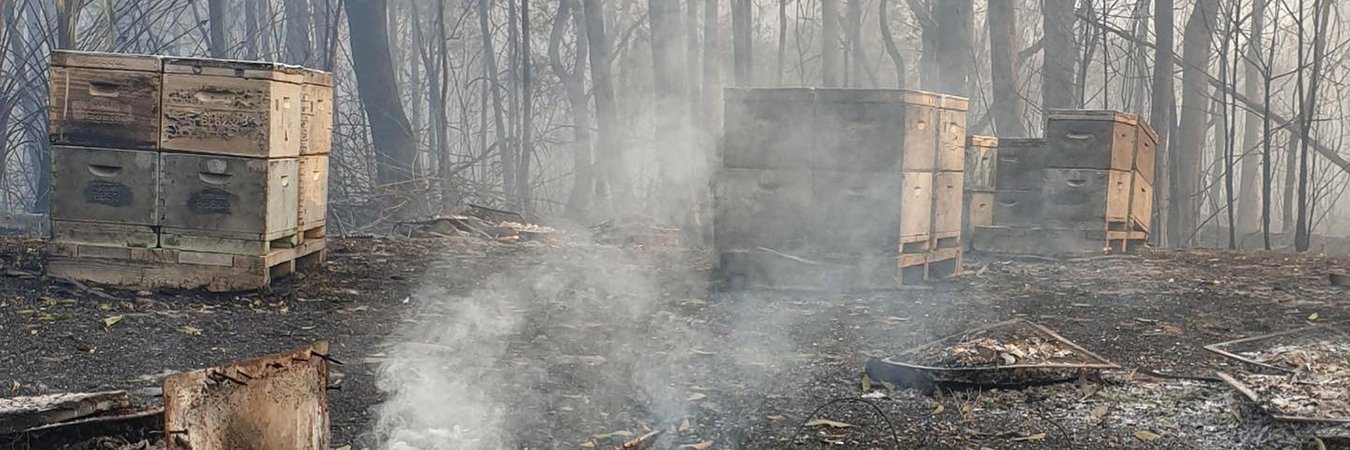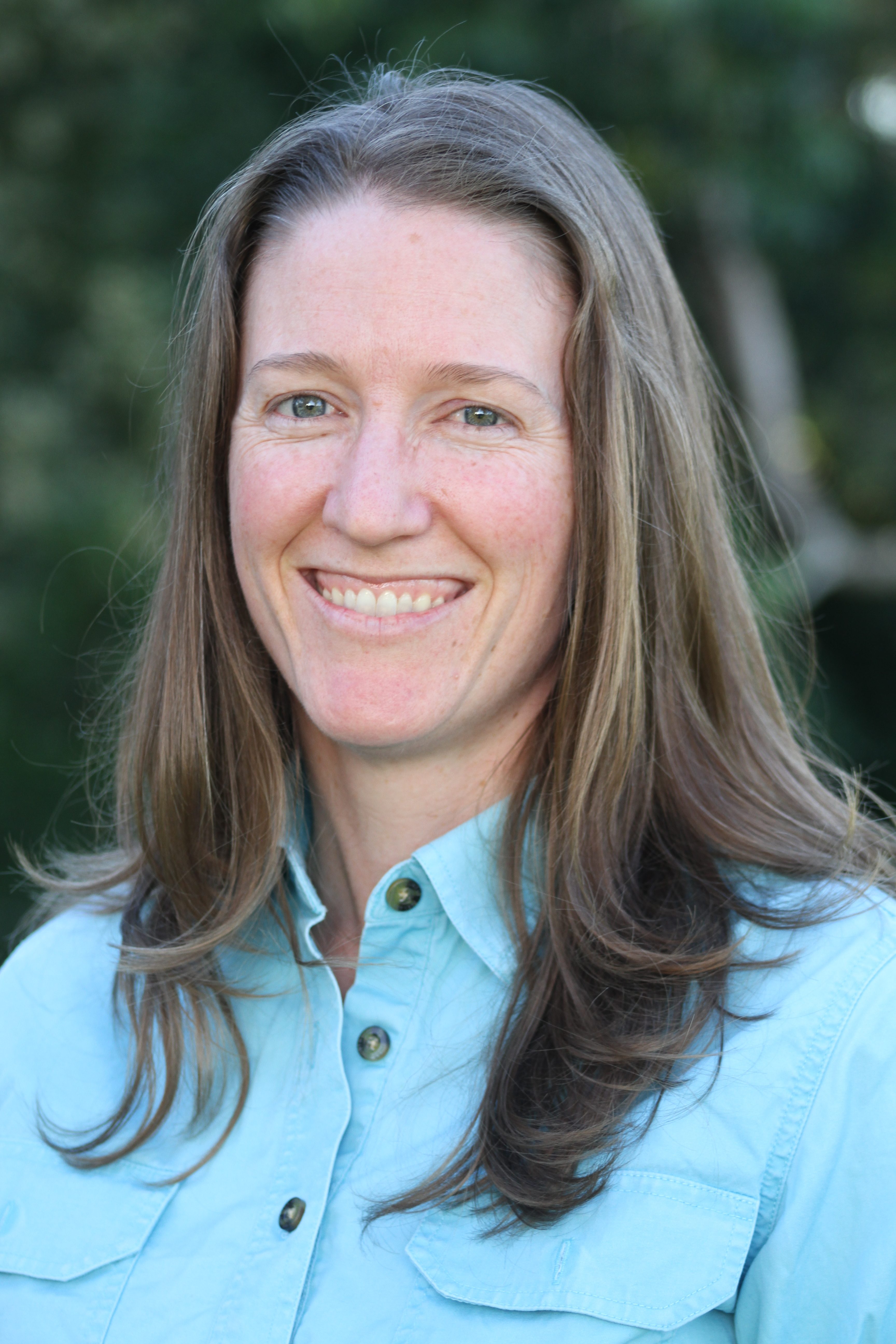Rural industries have been hit hard by drought and bushfires. The effect on Australia’s beekeepers will be felt for a long time to come, due not only to the immediate loss of floral resources, but because some floral species can take up to 75 years to mature and flower.
Many Australians are asking how they can help our beekeeping community, so we have compiled a list of tips below.
Love bees?
Plant trees (and other flowering plants)
Bee Friendly: A planting guide for European honey bees and Australian native pollinators provides a guide to plants that are suitable for honey bees and native Australian bees. The guide will help you to select plants that are suitable for your area, along with information on how big the plants can be expected to get, the type of soil required, and where best to plant them.
For the more advanced, Doug Somerville’s book Honey and Pollen Flora of South-Eastern Australia gives a run down of the nutritional value of native plants.
Host some hives
Bees need pollen and nectar. Beekeepers move their hives when a site has insufficient resources, in order to keep their bees healthy and productive. Many beekeeping sites have been lost to bushfires. If you are a land owner that would be interested in hosting some bee hives you can contact your state’s beekeeping association with your details: NSW, VIC, TAS, SA, WA, NT, QLD
Donate
You can make tax-deductible donations to Hive Aid, which is run through Rural Aid, one of Australia’s largest rural charities. AHBIC provides oversight to ensure that the proceeds are managed effectively and target professional beekeepers struggling due to drought and bushfires.
You can also make tax-deductible donations to the Wheen Bee Foundation Strategic Bee Rebuild and Recovery Fund.
Buy Australian honey
Australia produces some of the best honey in the world, and it is worth paying a little extra in order to support not only Australian beekeepers, but the many industries that rely on bees for pollination.
For beekeepers
- Support your local association by becoming an active member, there is power in numbers
- Register your hives, this gives the government a better idea of the scale of the industry and where beekeepers are located. It is also a legal requirement
- Inform your state association of the number of bee hives and sites that you have lost. This will enable the state associations and our national association AHBIC to produce a coordinated response and lobby on your behalf for additional resources
- Peruse the website of your state departments, there may be relief packages available: NSW, VIC, TAS, SA, WA, NT, QLD. More information can likely be found from your state association websites, newsletters, and emails, another reason to become a member of your state association: NSW, VIC, TAS, SA, WA, NT, QLD
- Register for Hive Aid if you require financial assistance
- Consider if you are able to donate bees or equipment to beekeepers that have lost theirs. Check bees for pests and diseases prior to donating, and be mindful of legislation pertaining to the movement of bees across state and territory borders
- Ensure you use smokers responsibly. Be aware that regulations regarding bee smokers are subject to amendment, please check for the latest advice
- Follow the directions of emergency personnel, don’t place others at risk by going into areas that you have been denied access. Monitor road closures and traffic conditions when travelling through fire affected areas
- Pick up the phone and ask someone “R U OK?”
What not to do
Please don’t put out honey for bees to feed on, this can spread disease and is illegal. Similarly, while it is legal to put out sugar water for bees, this should only be done by beekeepers as they need to know of any supplements given to their bees in order to ensure that the honey they sell is genuine honey. However, you can put water out for bees: place some stones or water plants to provide safe landing sites for the bees.
Video reports:
- 730 report from 14 January 2020. Watch from 7:47 for information on how the drought and fires are affecting the honeybee industry, with interviews with Stephen Beamish, Stephen Fuller, Matthew Denson, and Romina Radar – https://iview.abc.net.au/show/7-30/series/0/video/NC2001H006S00 (This video will only be available until 13 Feb)
- ABC news from 4 November 2019. Interviews with Phil Dunlop, Paul Marsh, and Ben McKee on how the drought and bushfires are affecting beekeepers – https://www.youtube.com/watch?v=kvERn0jouTc
- Interview with Elizabeth Frost on what we can do to help bees (from 2:38:17) – https://www.abc.net.au/radio/riverina/programs/breakfast/breakfast/11853828?fbclid=IwAR2scl-fEr7tb7aAFXWyS6ht5BvkwIeI2m6o1PmGNPCz_qD_ZZfr-a9HUCM (from 2:38:17)
Acknowledgements:
- M Leech (2013) Bee Friendly: A planting guide for European honeybees and Australian native pollinators. AgriFutures Australia publication 12-014
- This article was written by Nadine Chapman and reviewed by Tom Gillard and Liz Frost.


